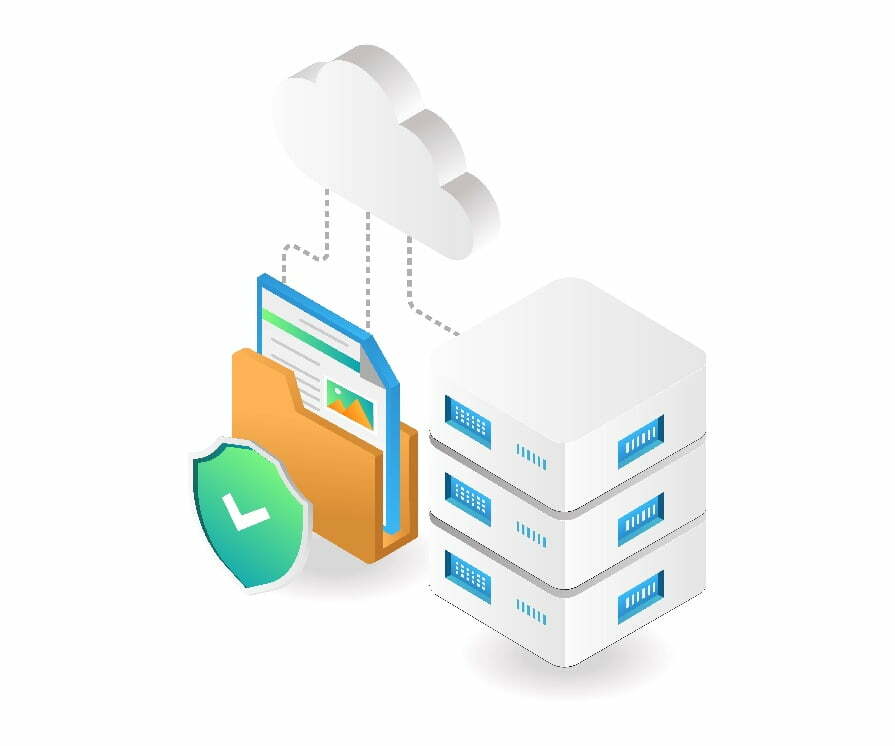Security considerations when using cloud hosting include ensuring data is stored securely, implementing strong access control measures, and regularly monitoring for suspicious activity.
Cloud hosting is becoming an increasingly popular choice when it comes to hosting your website or application.
While the advantages of cloud hosting are numerous, there are also important security considerations when deciding.
In this blog post, we’ll explore some key security considerations you should consider when using cloud hosting.
Data Security

Data security is a significant concern when using cloud hosting. It is essential to ensure that all data stored in the cloud is secure and protected from unauthorized access.
This includes ensuring that only authorized users have access to the data and encrypting any sensitive information. It is important to regularly back up data stored in the cloud so that you would still have access to your data if there were ever an issue with the server or a breach of security.
Using strong passwords and two-factor authentication for all accounts associated with your cloud hosting service is essential.
Network Security
Network security is an important consideration when using cloud hosting. Network security involves protecting the data and resources of a network from unauthorized access, modification, or destruction.
This includes protecting against malicious attacks such as viruses, malware, and other cyber threats. It also ensures that only authorized users can access the network and its resources.
To ensure network security in a cloud hosting environment:
- Use firewalls to protect their networks from external threats.
- Implement robust authentication protocols.
- Encrypt sensitive data.
- Monitor user activity on the network.
- Regularly update software applications with the latest security patches.
Access Control
Access control is an important security consideration when using cloud hosting. It refers to the ability to restrict access to specific resources or data within a cloud environment.
This includes controlling who can view, modify, and delete files stored in the cloud and who can access specific applications or services hosted on the cloud platform.
Access control also involves setting up authentication protocols such as two-factor and multi-factor authentication that require users to provide additional information beyond just a username and password to gain access.
It is crucial for organizations using cloud hosting services to ensure that their data is encrypted both at rest (when stored) and in transit (when being transferred). This helps protect sensitive information from unauthorized access by third parties.
Encryption
Encryption is a crucial security consideration when using cloud hosting. Encryption is the process of encoding data only to be accessed by authorized users.
This ensures that any sensitive information stored in the cloud remains secure and protected from unauthorized access or manipulation. When encrypting data, it is essential to use robust encryption algorithms such as AES-256 or RSA-2048 to ensure maximum security.
Encryption keys should be kept safe and not shared with anyone else, as this could compromise the security of the encrypted data.
Authentication
Authentication is an important security consideration when using cloud hosting. Authentication is verifying a user’s identity before granting access to a system or service.
This can be done through various methods such as passwords, biometrics, and two-factor authentication. By implementing strong authentication measures, it is essential to ensure that only authorized users can access your cloud hosting services and data.
It is also important to regularly update authentication protocols to keep up with the latest security threats and vulnerabilities.




